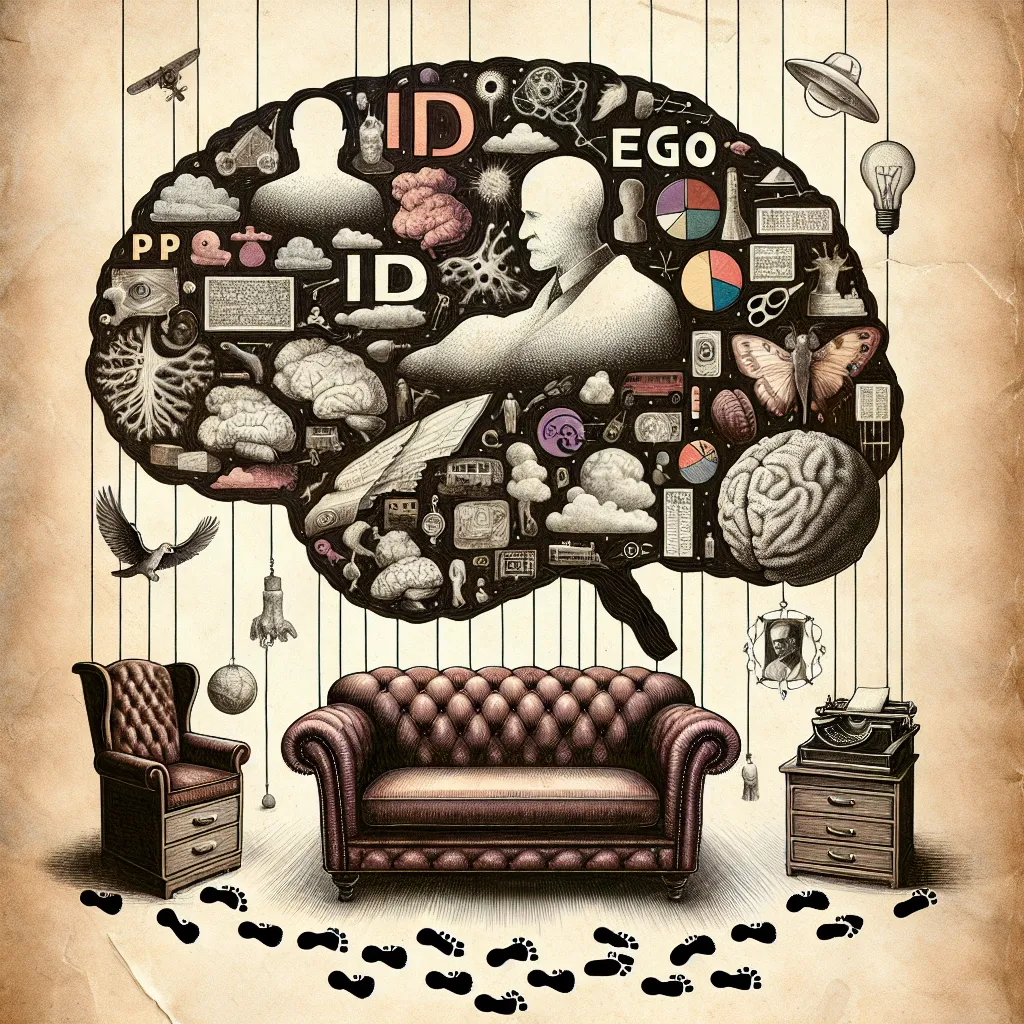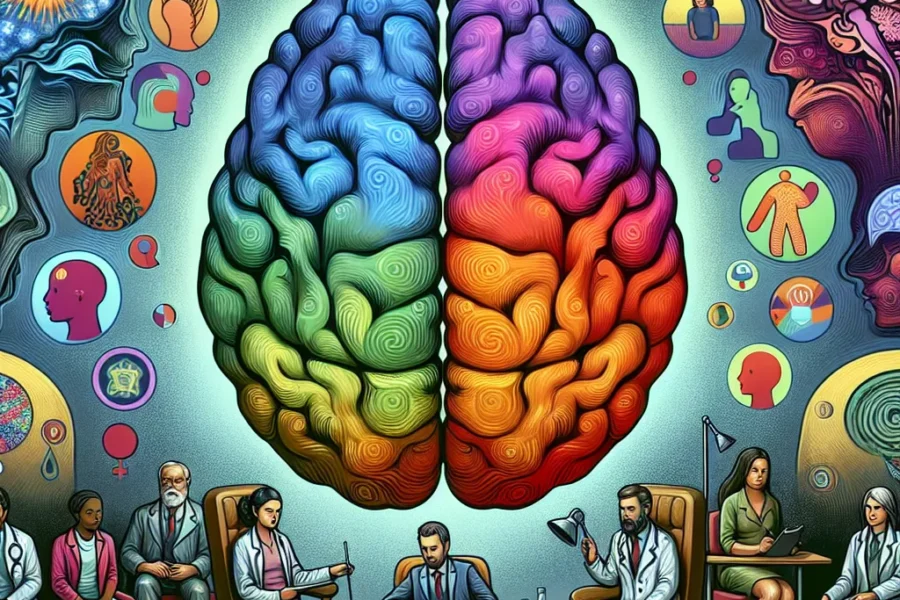Sigmund Freud, the father of psychoanalysis, is one of the most influential figures in the history of psychology. His groundbreaking theories on the human psyche, dreams, and the unconscious mind have shaped our understanding of human behavior and mental processes for over a century. Freud’s work has had a profound impact not only on psychology but also on various fields including literature, art, and cultural studies. As we delve into the legacy of Freud’s theories, we will explore the revolutionary concepts he introduced and their repercussions in modern psychology and beyond.
At the heart of Freud’s theories lies the concept of the unconscious mind, which he believed holds the key to understanding human behavior. According to Freud, the unconscious is a repository of thoughts, memories, and desires that lie outside the realm of conscious awareness, yet exert a significant influence on our actions. Through his technique of psychoanalysis, Freud sought to bring these hidden elements to the surface, enabling individuals to confront and comprehend their innermost fears and motivations.
The structure of the mind, as proposed by Freud, consists of three main components: the id, ego, and superego. The id represents the primal, instinctive part of our psyche, driven by the pleasure principle and the desire for immediate gratification. The ego, governed by the reality principle, attempts to balance the demands of the id with the constraints of the external world. The superego incorporates societal norms and morals, often clashing with the desires of the id. The dynamic interplay between these three elements drives our behavior and shapes our personality.
Freud’s theory of psychosexual development posits that human personality develops through a series of stages during childhood, each characterized by the erogenous zones that are the focus of pleasure. The oral, anal, phallic, latency, and genital stages outline the progression through which the sexual energy or libido is channeled. Any conflicts or fixations that arise during these stages can have a lasting impact on adult personality and behavior.
Another pivotal aspect of Freud’s work is his theory of dreams, which he described as the “royal road to the unconscious.” In his landmark text, “The Interpretation of Dreams,” Freud analyzed dreams as manifestations of unconscious desires and conflicts. He utilized dream analysis as a tool to unearth the underlying issues plaguing his patients, introducing the idea of hidden symbolism in dreams.
The Oedipus complex, one of Freud’s most controversial and widely discussed theories, suggests that young boys experience unconscious sexual desires for their mothers and harbor feelings of jealousy and rivalry toward their fathers. This complex plays a critical role in the formation of the male psyche and the development of the superego. Relatedly, the Electra complex was later introduced by Freud’s protégé Carl Jung to describe the analogous process in young girls.
Freud’s influence extended beyond the realm of clinical psychology into the broader cultural context. His ideas on repression, defense mechanisms, and the symbolic significance of art and mythology have provided a new lens through which to interpret human expression and creativity. Literature and film have drawn heavily from Freudian themes, incorporating elements such as internal conflict, the struggle between desire and morality, and the exploration of dream symbolism.
Despite the monumental impact of Freud’s theories, they have not been immune to criticism. Over the years, several of his concepts have been challenged by empirical research and advances in neuroscience. Critics argue that Freud’s theories are based on a limited sample of patients and lack scientific rigor. His emphasis on sexuality as a driving force behind most human behavior, as well as his portrayal of women, has been a particular point of contention.
One of the most significant critiques of Freudian theory comes from the cognitive and behavioral schools of thought, which emphasize observable behavior and cognitive processes over the unconscious mind. These approaches have gained prominence over the classical psychoanalytic methods, although integration of various psychological models has led to more holistic therapeutic approaches.
Despite these criticisms, Freud’s theories continue to have a lasting influence. His vocabulary—terms such as “ego,” “repression,” “denial,” and “Freudian slip”—has become embedded in everyday language. The effectiveness of talk therapy and the exploration of past experiences in coping with psychological issues can be traced back to Freud’s psychoanalytic practices.
Moreover, contemporary research sometimes circles back to Freudian ideas, albeit through a modern lens. For instance, studies on the impact of early childhood experiences on adult mental health echo Freud’s emphasis on childhood stages. The field of neuropsychoanalysis seeks to bridge the gap between psychoanalytic thought and neuroscience, investigating the neural correlates of unconscious processes.
Freud’s legacy is diverse and multifaceted. His revolutionary ideas have triggered debate, inspired further research, and led to the development of new theoretical and therapeutic models. While some aspects of his work have been revised or rejected, the core belief that deeper psychological processes underlie our thoughts and behaviors remains influential.
In conclusion, Freud’s groundbreaking theories have paved the way for a deeper understanding of the mind and its complexities. His work has penetrated various aspects of culture and continues to be a source of fascination and dialogue. The legacy of Freud’s theories lingers on, demonstrating the enduring power of his insights into the enigmatic depths of the human psyche. As the field of psychology advances, the spirit of Freud’s inquiries—to unearth the hidden forces that drive us—lives on, reminding us of the enduring quest to comprehend the mysterious workings of the mind.



Leave a Comment